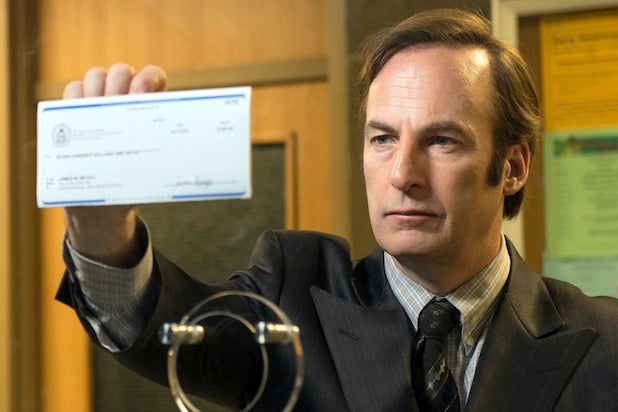Student Loan Debt Forgiveness is a wealth transfer from the poor to the middle class. Of course Democrats support upward wealth transfers.
I don't believe that the majority of Democrats support loan forgiveness without having those who receive forgiveness giving something back to society. But, you do have a point and that is why so many people who either paid back their loans or never had the opportunity to go to college don't support loan forgiveness. That is why I suggested that forgiveness could be possible in return for working in an area where there is a dire need. The best example I can think of this morning is teaching in the public schools. There is a serious shortage of teachers and we desperately need to improve our public schools. If a person has a large amount of debt and they need help paying it back, let them pay it back by teaching for a number of years or doing something else that is vitally important to society. The possibilities are endless.
Of course there should be exceptions, but that should be decided via an application as to why a particular person needs help paying off their debt. There are plenty of ways to help people who have made poor decisions when it comes to debt. If our government can't come up with better ideas than mine, or better ideas than simply giving everyone loan forgiveness, then we really do have a very incompetent government. Imo, one of the biggest problems is that one party refuses to even discuss things like this and seems very unwilling to compromise. Actually, some on both sides need to learn to compromise. It used to work that way to some extent when I was much younge. I'm not optimistic that we can return to a more reasonable society. We can't keep hating each other and refusing to listen or even consider each other's points and expect to have a successful country. Maybe it's too late for that, but I hope not.
There are already programs for loan forgiveness in limited career paths: some areas of medicine, some areas of teaching and some areas of law. If you are willing to practice medicine or teach or serve as a public defender for 10 years (at sub market wages), and if you continue to pay the interest on your student loans, your loans are generally forgiven. Note: During the Trump administration, he wanted to remove even this limited loan forgiveness. Currently, I know someone who is working as a public defender in a mostly rural county in flyover country who was just relating to me that within his office, among all of them, they knew exactly one person, ever, who managed to stick it out to get loan forgiveness. Let me tell you, this is a tough, tough job, full of stress, and generally dealing with very unpleasant clients who are assigned to you--you have no choice. Almost all of the cases before a public defender involve substance abuse or are substance abuse adjacent (domestic assault being one of the major adjacent criminal offenses). This is work the person I was talking to very, very much believes in doing and in fact, was the reason they went into law. But they are not making enough money to be able to pay off their debt out of their wages. The only way the could pay off their debt is to stick it out the 10 years, with low pay and tremendous stress, or leave for a high paying corporate job, continue to live as they are now and use all of the extra money they earn to pay off their law school debt. There just isn't extra, nor will there be extra to buy a home or to be able to afford to take time off or reduce time so that they could raise a family. Rents are as high as a mortgage. You just don't need to come up with a down payment to rent...
So, suppose you are one of the lucky kids who graduate from college with minimal student debt (say, only $50K) and an 8 year old car. You'd really like to go to grad school or law school or med school (pick one) but doing so will mean that you incur at a minimum $100K in additional debt. So, at age 25 or 26, you have a 12 year old car and (minimum) $150K in student debt as you enter the labor market. If you take a job in an underserved area, you will be making under $60K/year, out of which you must pay rent and hope that your car lasts another few years. If you are a woman, the earliest you could hope to be able to afford to have a child is your mid-30's. If you are lucky. Or marry/partner up with someone with a more lucrative career or who inherited a big wad of cash.
It doesn't take a lot of imagination or high level math skills to see that this will lead to a generation with the well educated adults opting out of childrearing altogether. And it has. Which means that most of the children are being raised by people with less education--and their kids will have the choice of either choosing to be less educated and raise a family or repeat the same cycle as the generation that pursues higher educational/professional levels and... opts out of raising a family because of student debt.
Of course, another path would be to pursue trades: become a plumber, an electrician, a carpenter, etc. Those are fairly lucrative careers but your body is pretty beat up by the time you hit 60.

